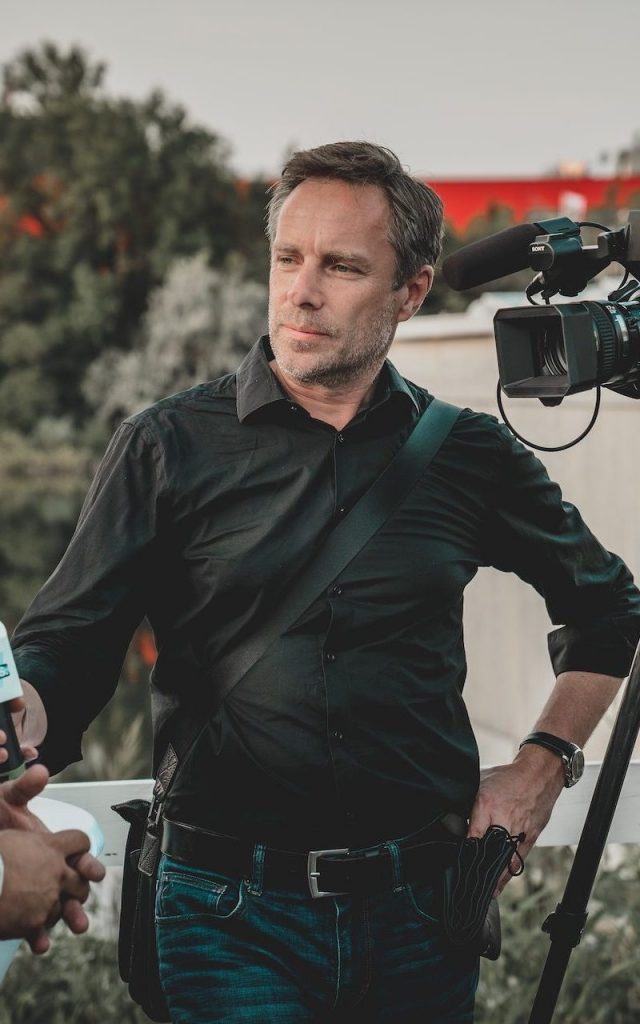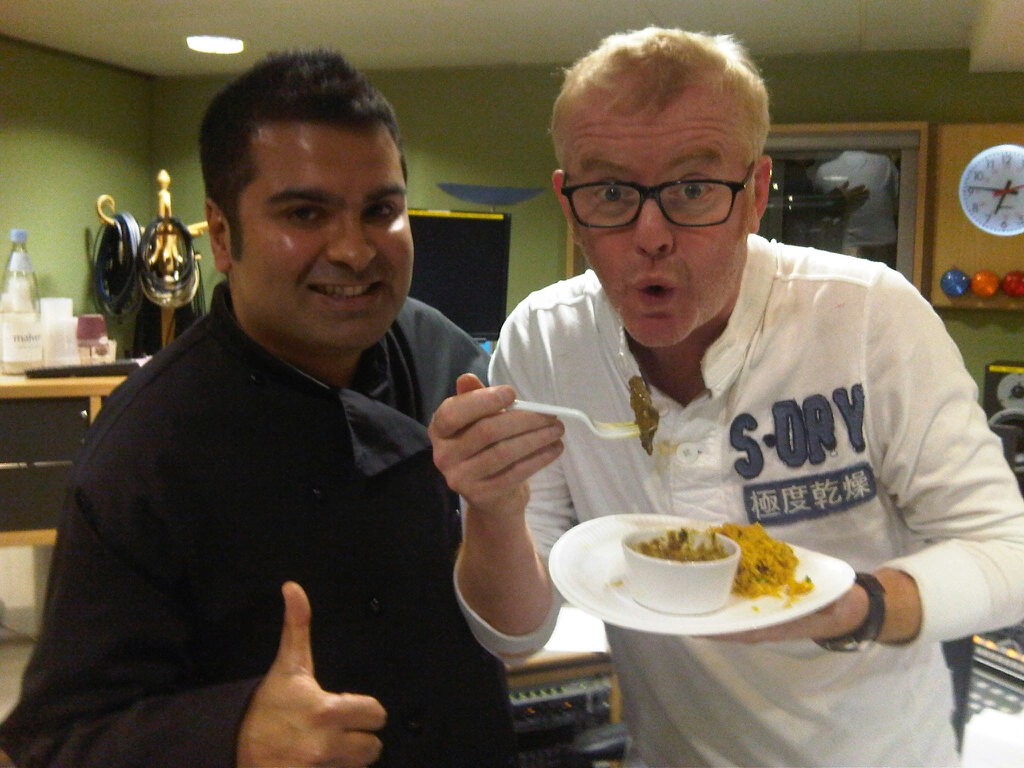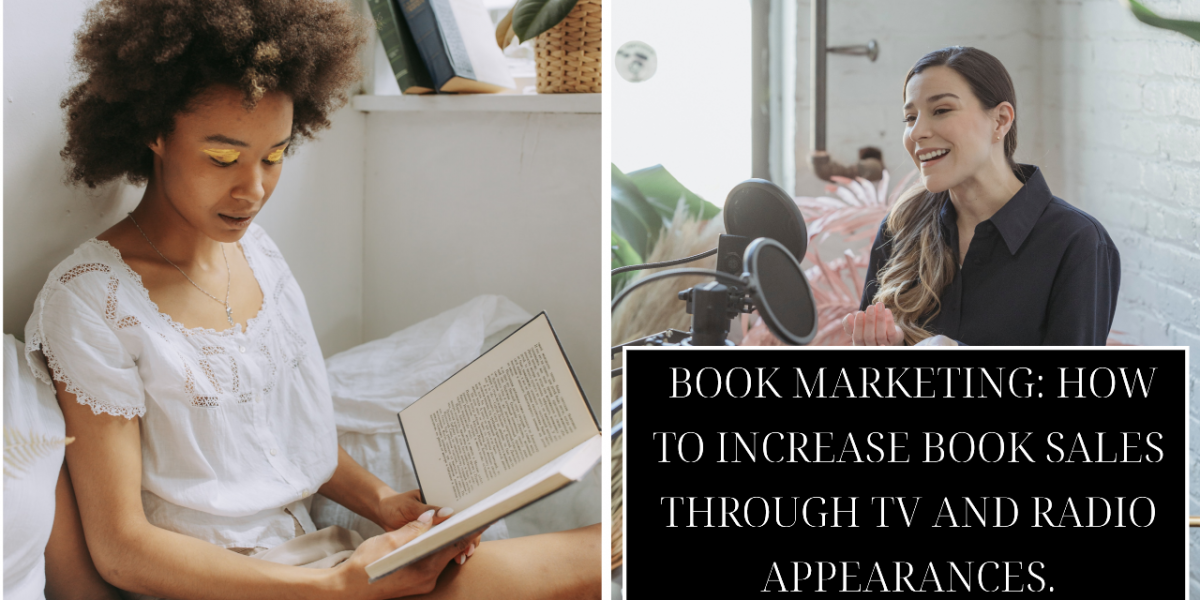
The Benefits of TV and Radio Interviews for Authors
Social media and digital advertising have changed the book marketing landscape forever. They disrupted a market that once relied on, and grew rich from, advertising revenue. They brought about a radical change in the way that content is both created and consumed through citizen journalism, marketing influencers, and real-time news development. Moreover, they allowed brands to tap into international audiences in the click of a button – something traditional media outlets like print newspapers, television and radio could never do. But while they may not be as dominant as they once were, traditional media is very much alive and kicking and remains a powerful tool in modern book marketing. From their broad reach to the trust and authority they give, TV and radio appearances offer today’s savvy author far more than what first meets the eye. So let’s examine the main benefits of TV and radio interviews for authors to determine what effect, if any, they might have on book sales…
#1: Increased and Diversified Audience Reach and Exposure
TV and radio broadcasts possess a unique ability to reach a wide and diverse audience. Unlike social media platforms that almost always cater to specific demographics, traditional mediums can tap into a far larger cross-section of society. A TV interview or radio talk show can therefore introduce an author’s work to consumers who might not have encountered their books otherwise. And while online platforms necessarily target the tech-savvy population, TV and radio continue to attract a more diverse range of audiences, including those who might not be active online. These platforms are particularly effective in reaching older demographics who might still prefer traditional media channels. With few exceptions, the overwhelming majority of genuine bestselling authors – those on established bestseller lists, that is – gained new readers and grew their fan base as a direct result of TV and radio interviews.
#2: Credibility and Authority
Being invited as a guest on a reputable TV show or radio program provides an author with immediate credibility and authority. And when a well-known host or interviewer endorses an author’s work – like Chris Evans did live on BBC Radio 2 with our client, the late Gurpareet Bains, below – it lends an air of legitimacy to their writing. Listeners and viewers are significantly more likely to trust the recommendations of a recognised TV show or radio station, which can translate into increased book sales.

#3: Showcasing Personality and Fostering Emotional Connections
TV and radio appearances allow authors to connect with their audiences on a more personal level. Unlike written content, where the author’s personality might be less evident, TV and radio appearances offer authors the opportunity to share their passion, inspiration, and insights directly. When emotions come into play, the likelihood of a potential reader engaging with the author’s books increases substantially. Emotions have a way of imprinting memories, making it more probable that the audience will remember the author’s name and book titles. Whether it’s a funny anecdote, a heartfelt story behind the book’s creation, or a lively discussion on current topics, these moments can make the author more relatable and endearing to existing and potentially new audiences nationwide.
#4: A Platform for Advocacy & Legacy Documentation
Whilst TV and radio appearances are a boon for any author, they offer – in my experience – the best possible platform for writers of non-fiction and, to be more specific, writers of books that address important social, political or cultural issues. For these authors, TV and radio appearances serve as a platform – or perhaps a soapbox – on which to shout about their cause and to raise awareness about the topics explored in their book. A TV interview, in particular, can provide a structured platform for a dialogue between the author and those who hold opposing views, fostering a more comprehensive exploration of the topic. The Good Morning Britain interview with our client, Dr Sonja Falck (pictured below), the acclaimed author and psychotherapist who called for the word ‘nerd’ to be classed as a hate crime, is a good case in point. Thanks to the debates and wider society-wide conversations they spark, controversial books – and the authors behind them – can and do become instantly recognisable. Most mainstream TV channels and (some, but not all) radio interviews, meanwhile, usually archive guest interviews and these become part of the historical record. They serve as a documented record of the author’s thoughts and ideas at a particular point in time, contributing to their legacy.

#5: The Ego Equation
Aside from those practical benefits we’ve discussed above, TV and radio appearances for authors offers something else: validation. Ask any author (of any book, anywhere in the world) and they will say the same thing – that talking about their work and sharing their experiences on a public platform is inherently fulfilling. That’s not to say that all authors actively seek validation or ego-boosting experiences through media interviews, but rather that most will find it personally gratifying to discuss their book with a broader audience. It’s a source of pride and satisfaction, and deservedly so. In my experience, the majority of authors prefer to focus solely on their writing without the distractions of public appearances. Others may feel anxious or uncomfortable in the spotlight, even if they recognise the potential benefits. But the experience of engaging with an interviewer – and the feedback, questions and praise that follow from listeners and viewers – is very a rewarding one.
In summary, then, TV and radio appearances for authors offer writers the opportunity to broaden their audiences, reach new readers, showcase their books, and validate their hard work. What’s not to love?





